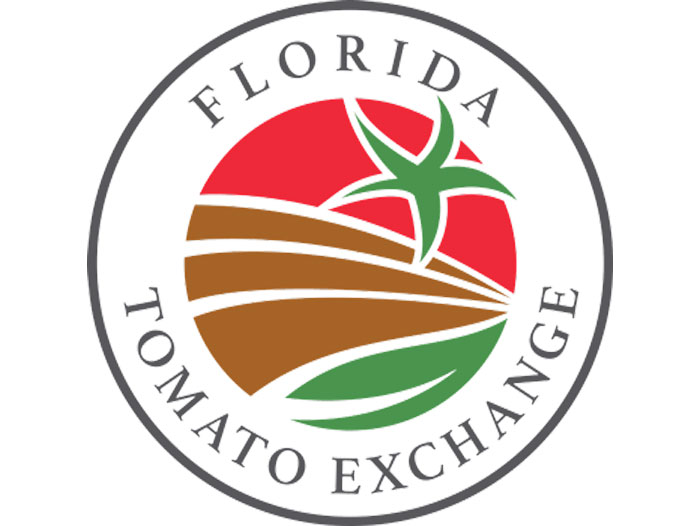American Tomato Growers Applaud Trump Administration’s Decision to Terminate Tomato Suspension Agreement
April 15, 2025 | 3 min to read
The U.S. Department of Commerce's decision to terminate the 2019 U.S.-Mexico Tomato Suspension Agreement, effective July 14, 2025, is hailed as a victory for American agriculture by the Florida Tomato Exchange. Robert Guenther emphasized that unfair trade practices by Mexican exporters have harmed American growers, whose market share has plummeted. The decision, supported by bipartisan congressional members and agricultural associations, aims to restore fair competition, as demand for Mexican tomatoes has significantly outpaced that of U.S. producers.

WASHINGTON, D.C. – American tomato farmers nationwide and the Florida Tomato Exchange applauded the announcement by the U.S. Department of Commerce to terminate the 2019 U.S.-Mexico Tomato Suspension Agreement, effective July 14, 2025.
“This is a major victory for American agriculture,” said Robert Guenther, Executive Vice President of the Florida Tomato Exchange. “For decades, American tomato farmers have suffered from unfair trade practices by Mexican tomato exporters. Terminating this agreement and enforcing U.S. trade laws is the only way to finally give domestic growers the relief they’ve long deserved. We thank the Administration for standing strong in support of American famers and the rule of law against unfair foreign trade practices.”
The Department’s decision comes in response to a 2023 petition from the U.S. tomato industry, which was backed by more than 60 bipartisan Members of Congress from 11 states, the American Farm Bureau Federation, state Farm Bureaus from all nine major tomato-producing states, and 15 fruit and vegetable trade associations across the country.
Despite five suspension agreements since 1996, Mexican tomato companies have continued to dump product into the U.S. market—undercutting American growers and circumventing enforcement mechanisms. Since the first agreement, Mexican tomato imports have surged nearly 400%, capturing over 70% of the U.S. market. During that same period, the U.S. industry’s market share has dropped from 80% to 30%.
In 2019, the U.S. Department of Commerce found Mexican tomatoes were being dumped in the United States at high margins and the U.S. International Trade Commission unanimously confirmed the material injurious effect of that dumping on the American tomato industry. Today’s decision enforces those findings and moves to restore fair competition in the marketplace.
“The tomato suspension agreement failed American farmers,” said Guenther. “It has been impossible to enforce and easy to evade. Today’s action finally ends the cycle of harm that has decimated the American tomato industry over nearly three decades.”
Background
• The original U.S. antidumping investigation of Mexican tomato imports began in 1996 but was suspended through successive agreements with the Mexican industry.
• In 2019, at the request of U.S. growers led by the Florida Tomato Exchange, the Commerce Department resumed the investigation. It found that Mexican tomatoes were being dumped.
• The U.S. International Trade Commission unanimously confirmed the injurious effect of the Mexican dumping on American tomato producers.
Next Steps
• The termination of the Suspension Agreement will take effect July 14, 2025.
• U.S. Customs and Border Protection will begin requiring antidumping cash deposits on entries of Mexican tomatoes as of that date.
• No additional investigative steps are required, as the underlying antidumping case was completed in 2019.
About Florida Tomato Exchange
The member companies of the Florida Tomato Exchange produce over 90 percent of the tomatoes grown in Florida and are among the largest producers of tomatoes in California, Georgia, New Jersey, North Carolina, South Carolina, Tennessee, and Virginia. FTE member companies produce approximately 50 percent of the fresh-market tomatoes grown in the U.S. The FTE is the domestic petitioner in the antidumping case against fresh tomatoes from Mexico. www.FloridaTomatoExchange.com
